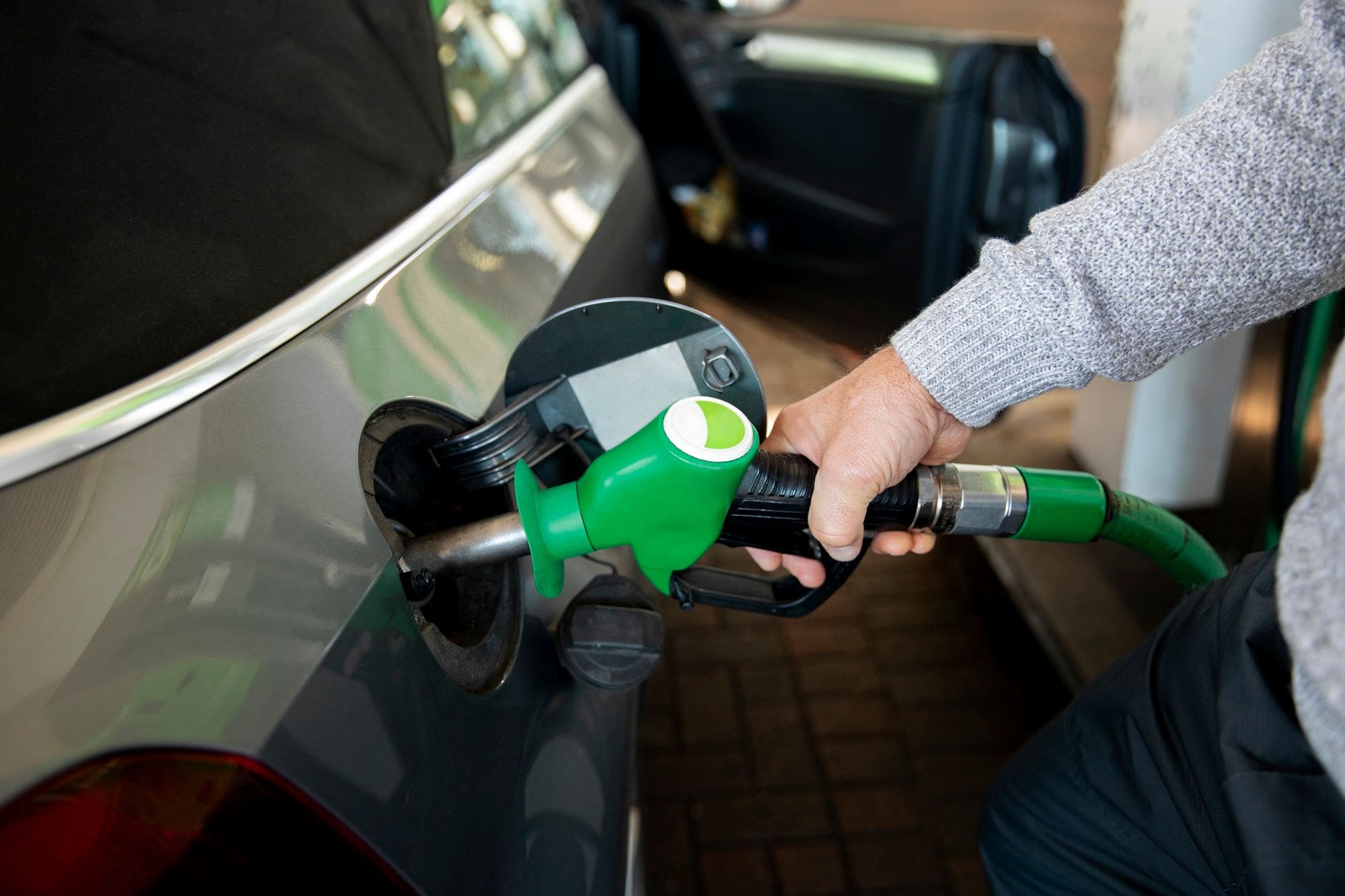Learn practical tips for cutting your costs on fuel with our informative guide. Discover the best ways to save money on fuel expenses and maximise your car’s fuel efficiency.
Whether you’re a daily commuter or a weekend driver, these tips will help you save money at the pumps.

Understanding Fuel Efficiency
Fuel efficiency is the measure of how much fuel a vehicle consumes to travel a certain distance. It is an important factor for car owners to consider as it directly impacts their fuel costs.
By understanding fuel efficiency, car owners can make informed decisions to save money on fuel expenses.
Importance of Fuel Efficiency
Fuel efficiency is important for several reasons. Firstly, it helps car owners save money on fuel costs, especially in the current economic climate where fuel prices are constantly fluctuating.
Secondly, it reduces the environmental impact of driving by decreasing fuel consumption and emissions, contributing to a greener and healthier planet, and less of a hole in your pocket too.
Factors Affecting Fuel Consumption
Several factors can affect a vehicle’s fuel consumption, including driving habits, vehicle maintenance, and environmental conditions.
Aggressive driving, excessive idling, and carrying unnecessary weight in the car can all contribute to higher fuel consumption.
Additionally, poor engine maintenance, underinflated tyres, and using the wrong motor oil can also impact fuel efficiency.
How to Calculate Fuel Efficiency
Fuel efficiency is typically measured in miles per gallon (MPG) for petrol cars and miles per gallon equivalent (MPGe) for electric cars.
To calculate fuel efficiency, car owners can divide the number of miles driven by the amount of fuel consumed.
This simple calculation provides an accurate measure of a vehicle’s fuel efficiency and helps car owners track their fuel consumption over time.
Driving Habits for Fuel Efficiency
Adopting efficient driving habits can significantly improve fuel efficiency and help car owners save money on fuel costs.
Smooth Acceleration and Braking
Aggressive acceleration and braking can increase fuel consumption. By accelerating gradually and braking gently, car owners can reduce fuel wastage and improve their vehicle’s fuel efficiency.
Maintaining a Steady Speed
Driving at a consistent speed on highways and motorways can help conserve fuel. Constant speed driving reduces the need for frequent acceleration and deceleration, leading to better fuel economy.
Avoiding Excessive Idling
Idling consumes fuel without any significant mileage gain. Car owners should avoid excessive idling, especially in traffic jams or when parked, to minimise fuel wastage.
Vehicle Maintenance for Fuel Savings
Proper vehicle maintenance is crucial for maximising fuel efficiency and reducing fuel costs.
Regular Engine Maintenance
Regular servicing and maintenance of the engine, including oil changes, filter replacements, and spark plug inspections, can improve fuel efficiency and prolong the lifespan of the vehicle.
Proper Tire Inflation
Underinflated tyres can increase rolling resistance, leading to higher fuel consumption. Car owners should regularly check and maintain the proper tyre pressure to optimise fuel efficiency.
Using the Right Motor Oil
Using the manufacturer-recommended motor oil can reduce friction within the engine and improve fuel economy. Car owners should follow the vehicle’s specifications for the appropriate motor oil to achieve optimal fuel efficiency.
Additional Fuel-Saving Tips
In addition to efficient driving habits and vehicle maintenance, car owners can consider other strategies to save on fuel costs.
Carpooling and Trip Planning
Carpooling with colleagues or friends can help reduce individual fuel expenses. Additionally, planning and combining errands into a single trip can minimise unnecessary driving and fuel consumption.
Utilising Public Transportation
When feasible, using public transportation for daily commuting or leisure activities can significantly reduce fuel usage and expenses.
Investing in a Fuel-Efficient Vehicle
For car owners in the market for a new vehicle, investing in a fuel-efficient model, such as a hybrid or electric car, can lead to long-term fuel savings and environmental benefits.
By implementing these practical tips for cutting petrol and diesel costs in the UK, car owners can effectively manage their fuel expenses and contribute to a more sustainable and eco-friendly driving culture.




